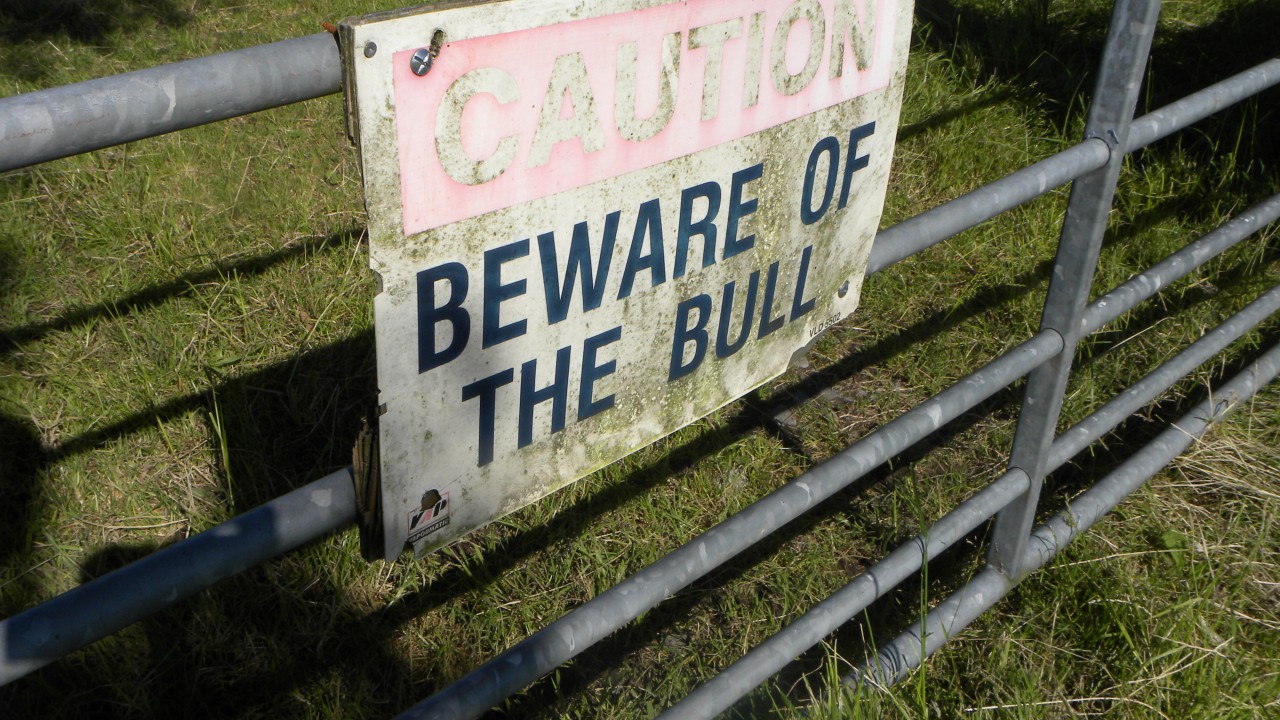A survey has been launched to capture the reality of farm safety attitudes across Northern Ireland.
Facilitated by Northern Ireland’s Health and Safety Executive (HSENI) and the Farm Safety Partnership (FSP), the study aims to improve farm safety awareness and protect the lives and livelihoods of farmers.
Farm businesses have been randomly selected to participate in the survey to ensure representative coverage.
The postal survey will gather information on:
- Non-fatal accidents;
- Farm work practices;
- Areas of hazard; and
- Farm safety investments.
The partnership is asking farm businesses to help prevent deaths and serious injury on farms, by improving knowledge of the types of accidents and the reasons for them.
The responses to the survey will be combined and will only be used for statistical and research purposes.
The results will assist the Farm Safety Partnership to shape future training and advice to farmers, as well as helping to measure progress in reducing the number of accidents.
Despite much drive to raise awareness and change attitudes, Northern Ireland’s farming sector continues to have a poor safety record. 70 people died working on NI farms over the last 10 years.
The Farm Safety Partnership is urging the farming community to complete the forms and return as soon as possible.
Harry Sinclair, chair of the Farm Safety Partnership, said: “Through this survey, we want to understand the concerns and experiences of farmers, which will enable us to target our workload and help the farming community avoid daily accidents and stay as safe as possible.
Farmers’ contributions to this survey are completely voluntary, but we are expecting a good response as farm safety awareness is high across the industry, and we are urging farmers to take responsibility for making sure they follow safe working practices at all times.
“I know that some in the farming community will have concerns about sharing information on health and safety issues, but I can assure everyone that the information received will be strictly confidential, and will help us robustly create a programme for future training purposes.”

